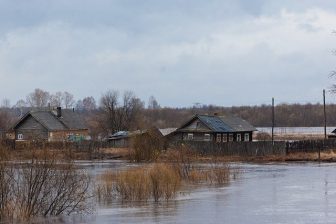 Landmark Information Group has launched a new climate change report helping property professionals and investors understand the current and potential future climate-based risks on any given property.
Landmark Information Group has launched a new climate change report helping property professionals and investors understand the current and potential future climate-based risks on any given property.
The report details flood risk, subsidence, heat stress and coastal erosion, as well as the transitional risk of EPCs, (energy performance). Everyone from property professionals to home buyers will be able to quickly assess the future impact of climate change on a property or portfolio.
With The Law Society guidance on climate change expected to be released this year, it is likely that conveyancers will be guided to include future climate risks within their due-diligence processes and we expect this to become an increasingly important consideration.
The data baseline used to inform the assessment is derived from climate projection data, including UPRN property references. This will allow the report to provide an overview of future risk, as well as advice and recommendations for how to best approach environmental risk.
The new product complements Landmark’s wide-ranging portfolio of climate risk management and is underpinned by our own commitment to Net Zero. This supports the company’s overarching ambition to help the property industry improve and modernise transactions and resolve increasingly complex concerns with greater certainty.
Chris Loaring, MD Landmark Legal, said: ‘With flood risk currently identified to affect 5.4m properties in the UK, the impact of climate change on property transactions and investment is undoubtedly concerning many property professionals and their clients. Therefore, it’s essential that everyone plays their part in gathering authoritative information to provide clients with guidance on the potential future risks and options to mitigate them.
“Ultimately, in keeping with Landmark’s own commitment to Net Zero, this product will help provide much-needed clarity and support for property professionals and investors looking for a robust and easy-to-understand way to assess and communicate climate change risk.”


Comments are closed.